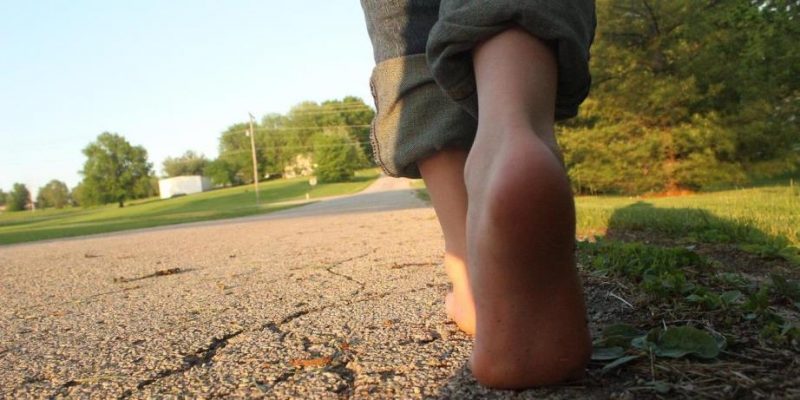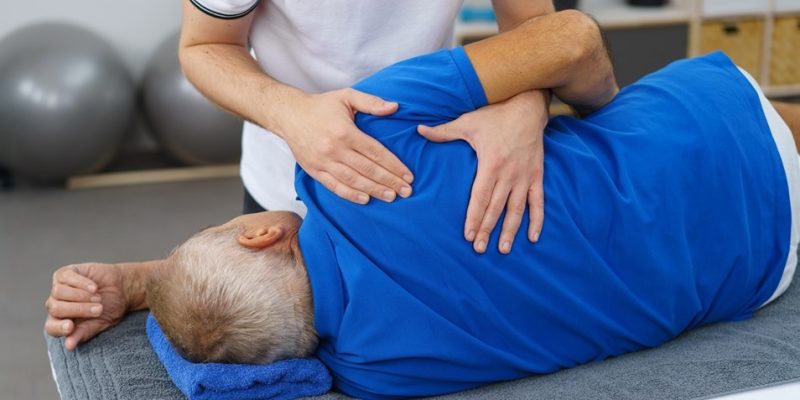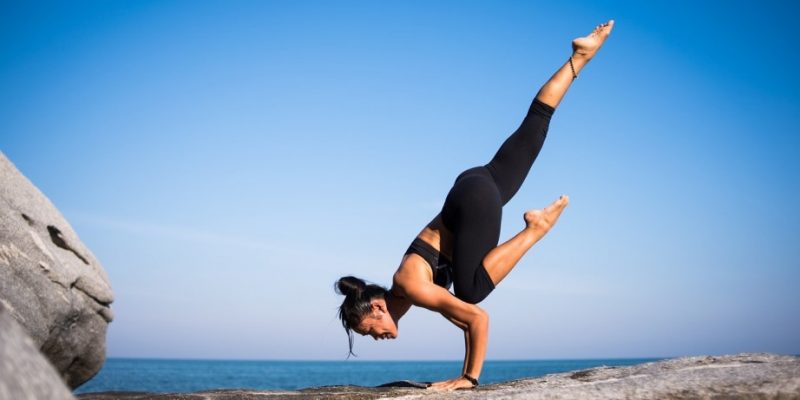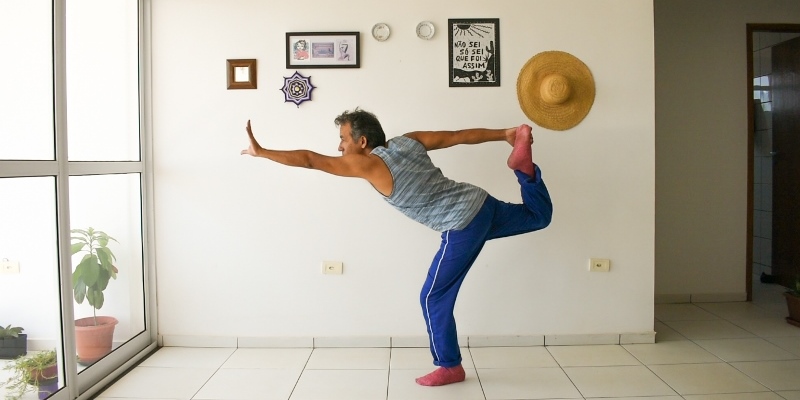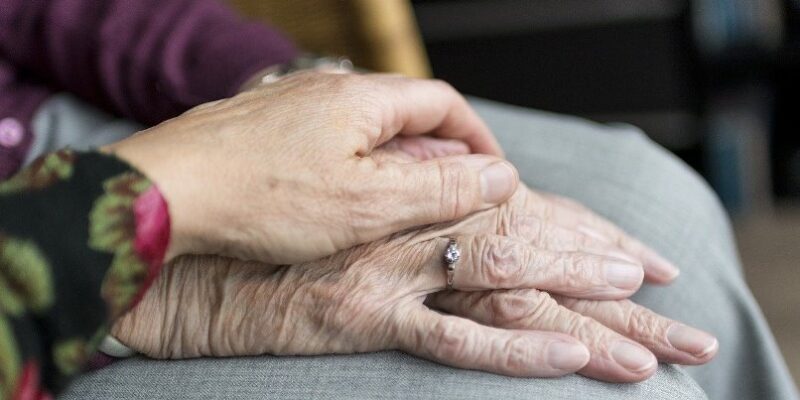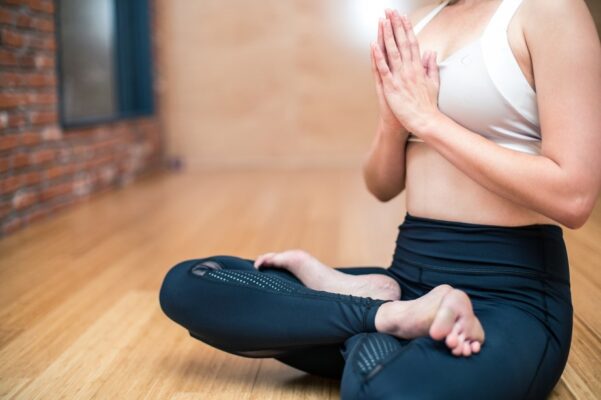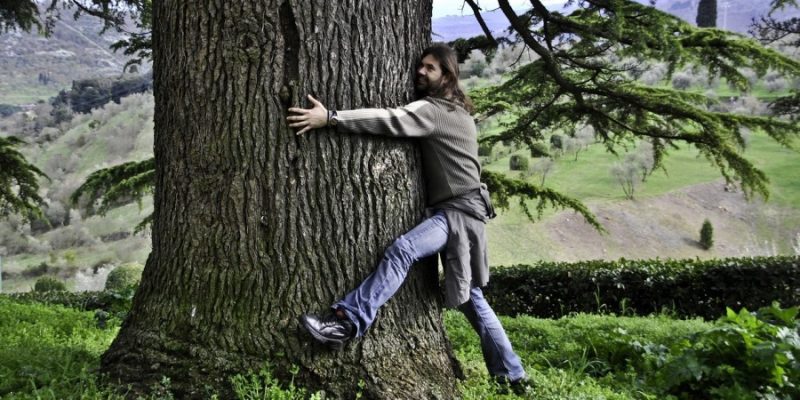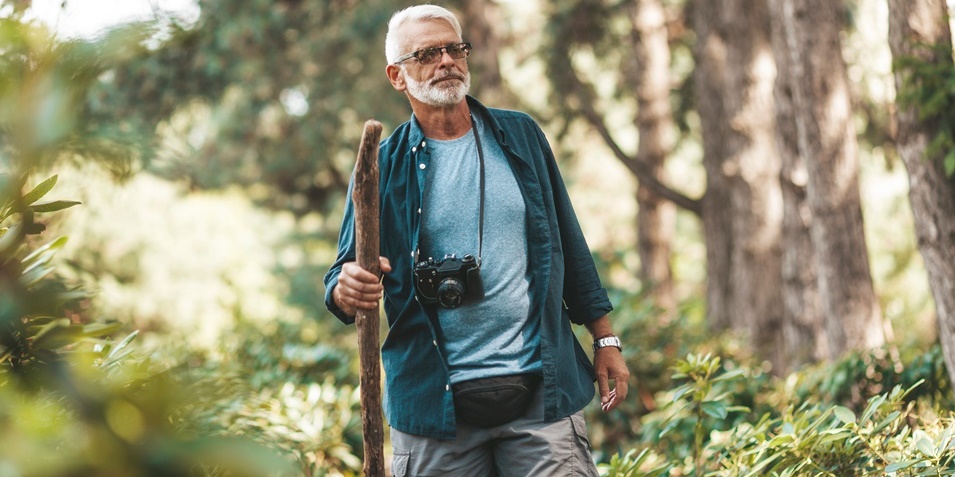
When you’re over fifty, you’ll most likely notice that “you’re not so young” anymore. For instance, I notice that I generally need more recovery time after physical exercise. With physical exercise I mean everything that puts more than average strain on the body, such as spending hours working in the garden, rock climbing, hiking, or doing sports, and so on.

I also found that there’s a way to partially counteract this, and that’s simply by doing more than you’re used to do, instead of doing less to spare your body. You see, our body after fifty is a bit like an old car that needs frequent oiling, proper maintenance, and regular outings to not turn rusted and creaky.
It’s remarkable that you can indeed build more muscles, strength, and fitness, even if you’re getting older. In fact, we’ve often lost a lot of that during the years before when we were so overly occupied with work, the kids, keeping house, or just “running about,” without really taking care of the health of our body. And to be honest: the two times per week visiting the gym for an hour or so didn’t really help. There’s a saying here that comes to mind, which is “If you don’t use it, you lose it.”
However, it’s obvious that doing more, moving more, exerting yourself, using your muscles and joints intensely, and spending more time in a healthy environment such as a forest, the mountains, or by the sea will certainly take time. Lots of time. And that’s often the problem, even if you’re aware of the fact that doing more and moving more will do you plenty of good.
It means that you’ll need to make time and take that time. The message is that you’ll need to get moving and use your body quite intensely — every day, or at least as much as is reasonably possible. This also implies that you’ll often need to change (parts of) your current lifestyle.

Changing your lifestyle typically includes things like spending less hours at your job, less in front of the television or smartphone, less presence in your pub drinking your well-deserved beer, leaving the car at home and walk or bike, and ditching certain self-made “responsibilities” such as managing the accounts of the local stamp collection or metal detectorist club, and whatnot.
Basically, it means that you’ll need to become more egoistic, more self-centered, but then with the lofty goal to become healthy again — or at least not to lose your health — and stay as healthy as possible. It’s an investment in yourself to make the second part of your life pleasant and joyful.
But it’s not only about moving or working out more than you’re used to do. It’s also about stretching more. As your body ages, tendons get thicker and much less elastic, apart from the fact that a sedentary lifestyle and physical exercise both tend to shorten muscle fibers. Stretching — through self-stretching exercises, Yoga practice, or massage therapy — can counteract this, and additionally help prevent injuries.
Getting older also means that — apart from watching your diet — you’ll need to move your body more to lose weight (or at least not to gain weight) compared to when you were twenty years old. The reason to this is mostly because you’re metabolism rate slows down when you’re getting older. That is, you’ll usually burn less calories and also slower, which results in stocking those as surplus fat in your body if you don’t make extra physical efforts to get rid of them.
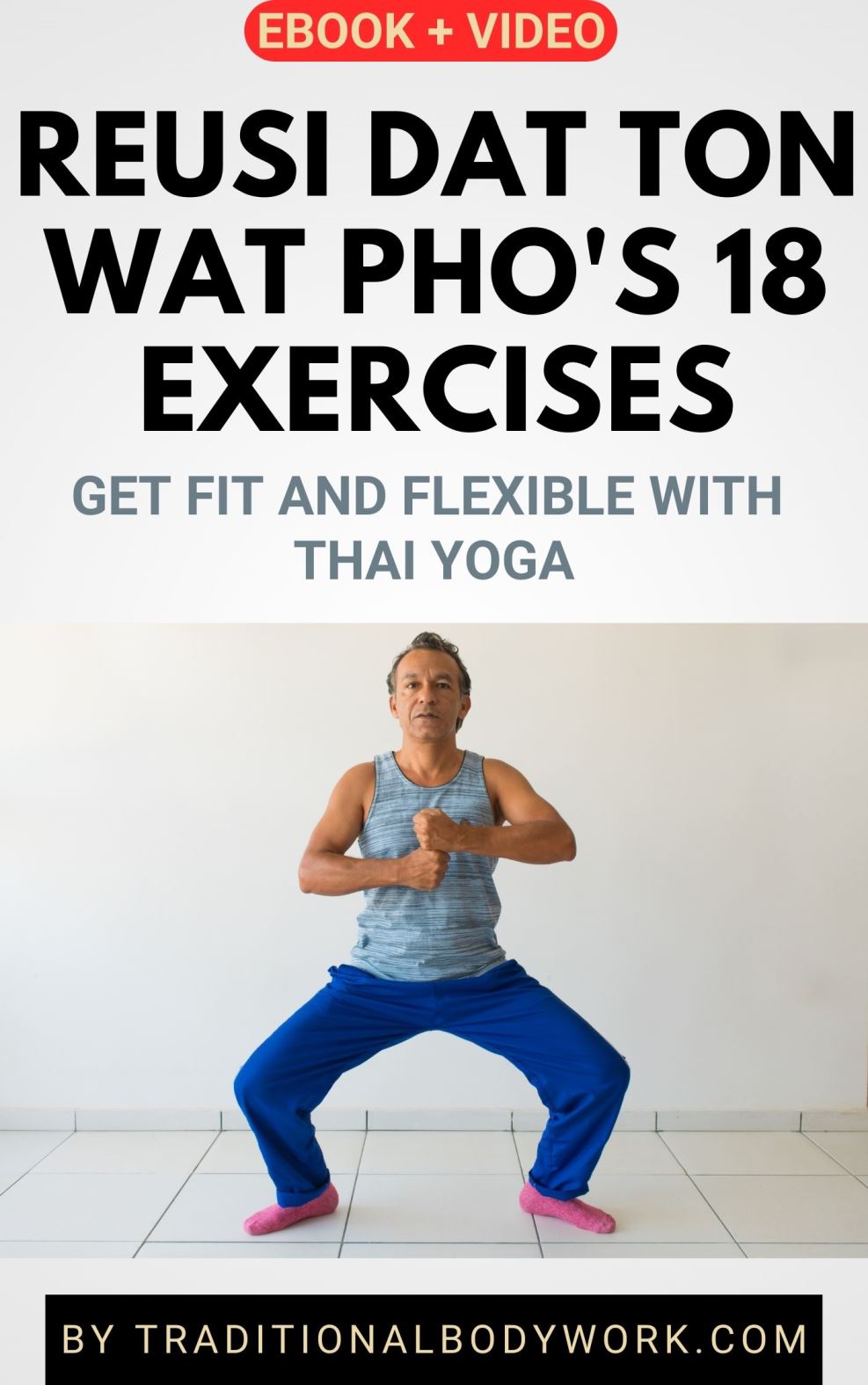
Mind that keeping a healthy weight is important to lower your blood pressure, decrease your risk of heart disease, diabetes, joint pain or back pain, and simply to get less tired when engaging in moderate or intense physical activity.
Perhaps somewhat less good news is that there’s always a period of acclimatization involved when you really start to move and engage in more physical activity. As the saying goes: “Things will get worse before they get better.”
Hence — in the beginning — you will probably feel even more tired, have more body pains, sometimes feel like “having been hit by a truck.” Well, the only “motivational” thing I can say here is that you’ll simply need to get through this period if you want things to improve.
Nevertheless, always slowly build-up the intensity and duration of increased physical activity, bit-by-bit, especially if you had a long period of little physical workout or a sedentary lifestyle. Take your time.
And if you have any doubts about your physical condition or suffer from a medical issue, please first consult your healthcare provider to do a medical checkup or take the appropriate fitness tests.





